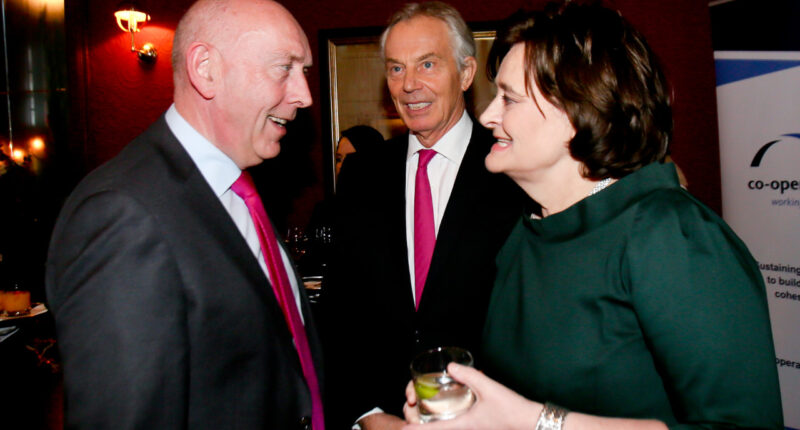A comprehensive examination of social media’s impact on Western democracy has concluded that the technology is fundamentally undermining democratic governance, with one peace process architect warning that Northern Ireland’s landmark Good Friday Agreement would fail if put to voters today.
The analysis, published by Thomas B. Edsall, assembled perspectives from leading scholars to explore whether social media’s costs outweigh its benefits, reports The New York Times.
Avila Kilmurray, instrumental in Northern Ireland’s peace process, offered the starkest warning. The Good Friday Agreement received over 71% support in a 1998 referendum, but she said: “If the vote were held today, with the presence of social media, I don’t think it would pass.”
Stanford political scientist Francis Fukuyama told Edsall that after nearly a decade examining global populism’s causes, he has concluded: “I have come to conclude that technology broadly and the internet in particular stand out as the most salient explanations for why global populism has arisen in this particular historical period, and why it has taken the particular form that it has.”
NYU law professor Richard Pildes argued that Twitter, cable television, and modern primary elections all played significant roles in Donald Trump’s initial electoral success. He contends the technological revolution has made it more difficult to deliver effective government, warning that if governments fail to do so, frustration and distrust will continue to grow.
The piece also examines artificial intelligence’s impact on education. Derek Thompson, author of Abundance, raised concerns about students’ declining capacity for deep thinking as AI tools become prevalent. Nation’s Report Card data showed average reading scores hit a 32-year low in 2024, with the percentage of 12th-grade students reading below proficiency levels rising to 32% from 20% in 1992.
Not all scholars share the pessimistic view. Duncan Watts, a professor at the University of Pennsylvania, argued that drawing causal connections between technological trends and societal problems remains scientifically fruitless, noting that the same technology enabling conspiracy theorists also allows high-quality educational content to proliferate.











